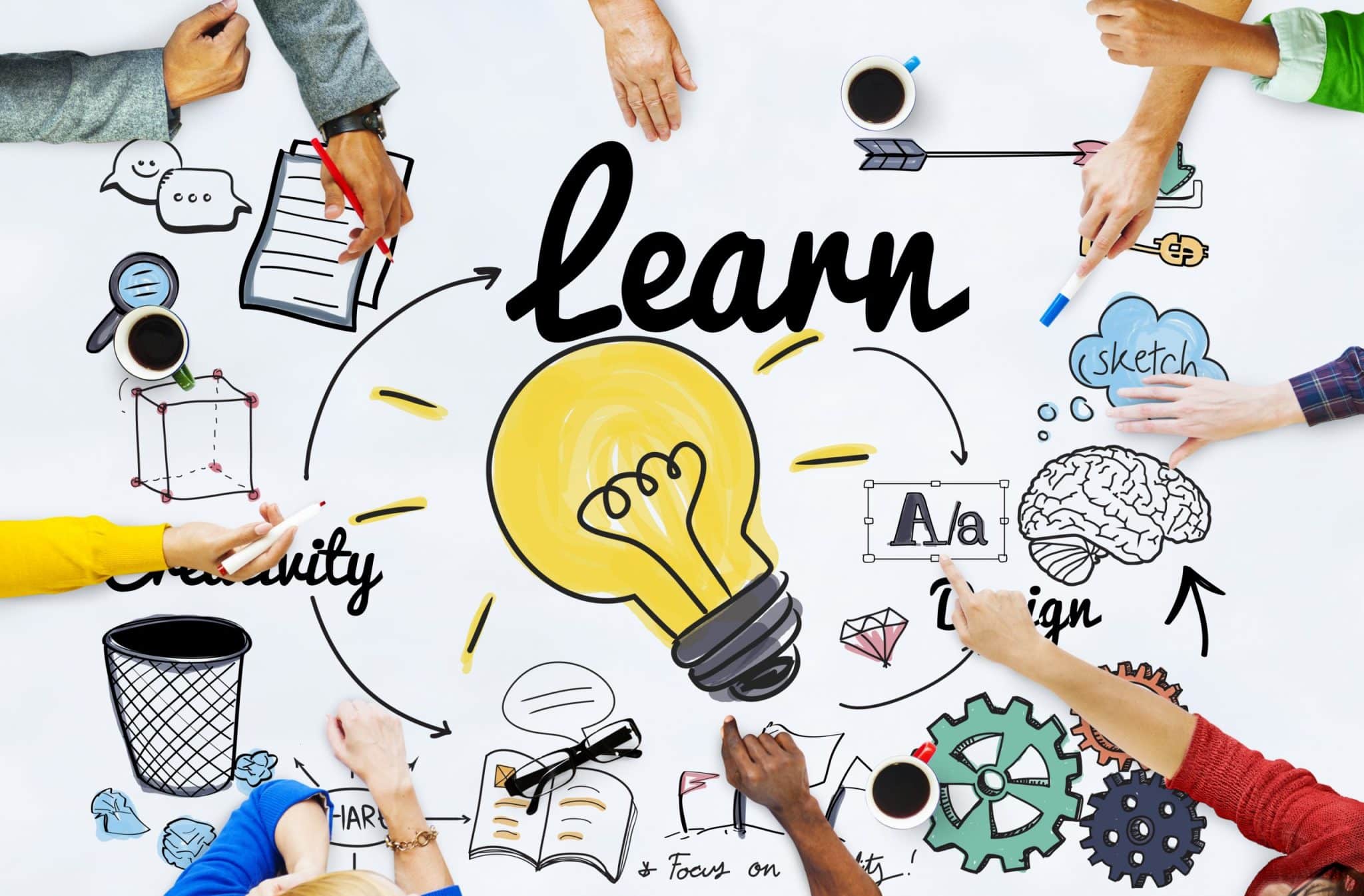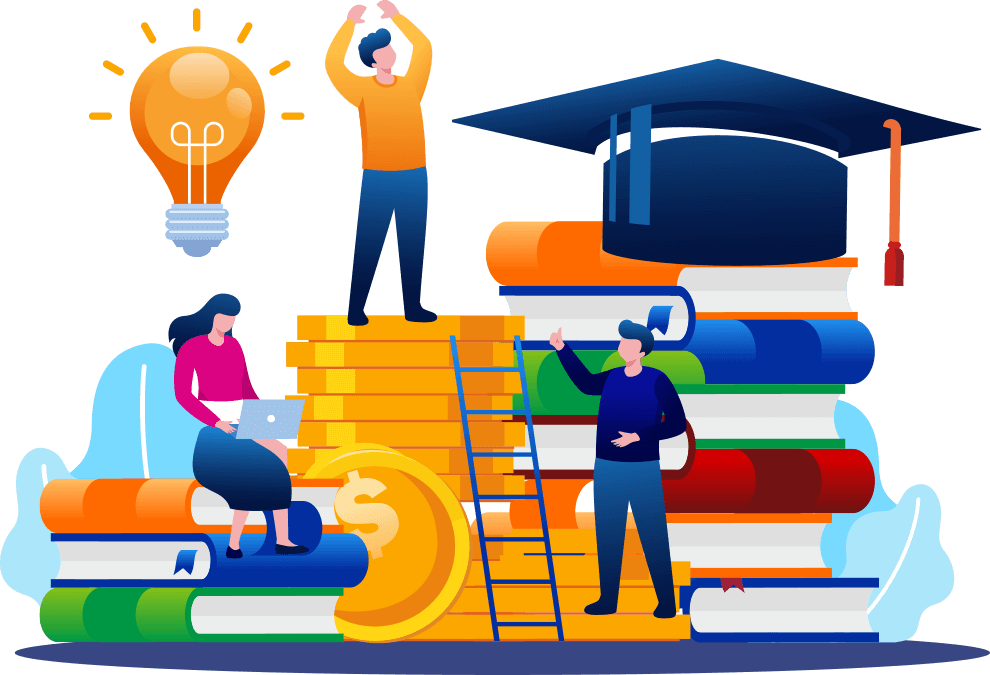
Effective Learning Tips for Students and Lifelong Learners – Improve Your Study Habits 2024/2025
In today’s fast-paced world, the ability to learn effectively is more important than ever. Whether you’re a student aiming to ace exams or a lifelong learner seeking to enhance personal skills, mastering the art of learning can significantly improve your success. In this blog, we’ll explore practical and effective learning tips that can help you maximize your learning potential, retain information better, and stay motivated throughout your educational journey.
1. Set Clear Goals and Prioritize Your Learning

The first step to effective learning is setting clear and achievable goals. Whether it’s preparing for an exam, learning a new skill, or mastering a complex concept, knowing what you want to achieve will give you a sense of purpose. Break your larger goals into smaller, manageable tasks and prioritize them. This way, you can tackle the most important topics first and gradually work through your learning objectives without feeling overwhelmed.
2. Active Learning Over Passive Learning
While passive learning, like reading or watching videos, has its place, active learning is far more effective in retaining information. Active learning involves engaging with the material through activities such as summarizing, questioning, teaching others, or applying knowledge to real-life situations. The more actively you engage with the content, the better you’ll understand and retain it.
3. Take Breaks to Boost Focus and Productivity
It’s easy to fall into the trap of studying for hours without taking breaks, thinking it will make you more productive. However, research shows that taking short breaks during study sessions can actually improve focus and productivity. The Pomodoro Technique, for example, involves working for 25 minutes, then taking a 5-minute break. This method helps maintain mental clarity and keeps you motivated throughout your learning process.
4. Use Visual Aids to Reinforce Learning
People often learn better when they can visualize the information. Visual aids like diagrams, mind maps, charts, and flashcards can help you better organize information and make complex ideas easier to understand. Whether you’re studying for a history test or learning a new language, creating visuals that break down key concepts can reinforce your understanding and make studying more engaging.
5. Practice Consistency and Discipline
One of the most important factors in effective learning is consistency. Whether you’re studying for an exam, learning a new language, or trying to improve a skill, dedicating regular time to practice is key. Small, consistent efforts over time yield much better results than cramming or working in sporadic bursts. Developing a daily or weekly routine can help build good study habits and keep you on track toward your goals.
6. Stay Positive and Embrace Failure as a Learning Tool

Learning can be challenging, and it’s natural to face setbacks along the way. The key is to stay positive and see challenges as opportunities for growth. When you encounter difficulties or fail at something, take it as a sign that you’re learning and improving. Embrace mistakes as part of the process, and use them to refine your approach. A positive mindset will help you stay motivated, even when things get tough.
Effective learning is about more than just memorizing facts; it’s about engaging with the material in a meaningful way, staying consistent, and maintaining a positive mindset. Whether you’re a student working toward academic success or a lifelong learner striving for personal growth, these tips can help you achieve your learning goals. Remember, learning is a journey, and with the right strategies in place, you can make the most of it.
